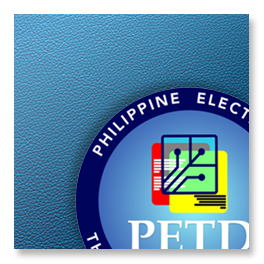Natural Science teacher attitudes and Pedagogical Content Knowledge for teaching Botany
Abstract: This South African study investigated a sample of Grade 4 to 7 Natural Sciences teachers’ attitudes towards botany and botany teaching and these teachers’ botany Pedagogical Content Knowledge (PCK). It explored whether a relationship exists between teachers’ attitudes towards botany teaching and their PCK. The study provides an overview of international and South African literature and research on the underrepresentation of botany and the teaching of botany in Natural Sciences classes. Throughout the study insight is provided on the universal problems of plant blindness and negative attitudes towards botany and botany teaching in the Natural Sciences classroom. Data were collected during teachers’ interviews, class observations and analyses of lesson plan documents. The results indicated that most teachers harbour negative attitudes towards botany and botany teaching. There are various reasons for this negativity such as past experiences in botany training, zoochauvinism and plant blindness. The Pedagogical Content Knowledge of teachers in this study was insufficient. It was found that teachers’ attitudes towards botany teaching influence their PCK and teachers’ PCK can, in turn, influence teacher attitudes towards botany, which can affect the teachers’ ways of teaching. This study confirms that problems of plant blindness, zoochauvinism and negativity towards botany and botany teaching that occur elsewhere in the world are also prevalent among South African teachers. This confirmation casts doubts on Natural Sciences teachers’ botany PCK. This study adds to the literature on botany teaching and PCK in the South African context.
Related Resources
The intent of this project was founded upon the need to train students in the techniques of radio astronomy with the purpose of establishing a radio telescope in order to teach the principles and practice of radio astronomy.This document describes the theory, research, to establish the 1st...
This explanatory essay discusses the rationale, methods and observational results using modern commercial, off the shelf (COTS) equipment in meteor astronomy. Much of the work is directed at developing spectroscopic observations and combining multi station observations to provide both orbital and...
